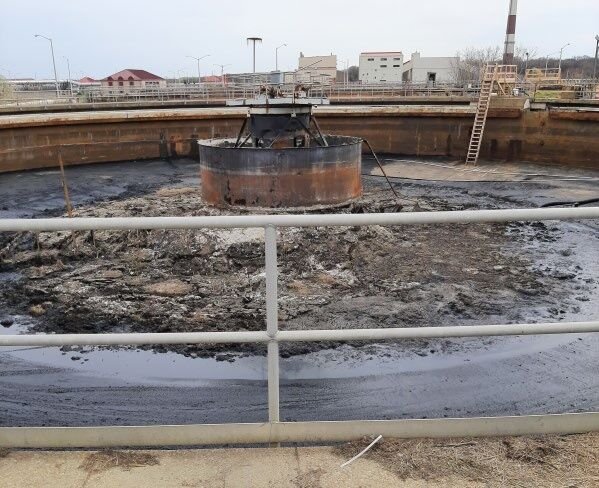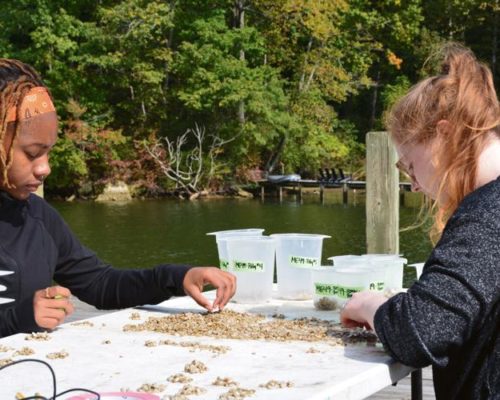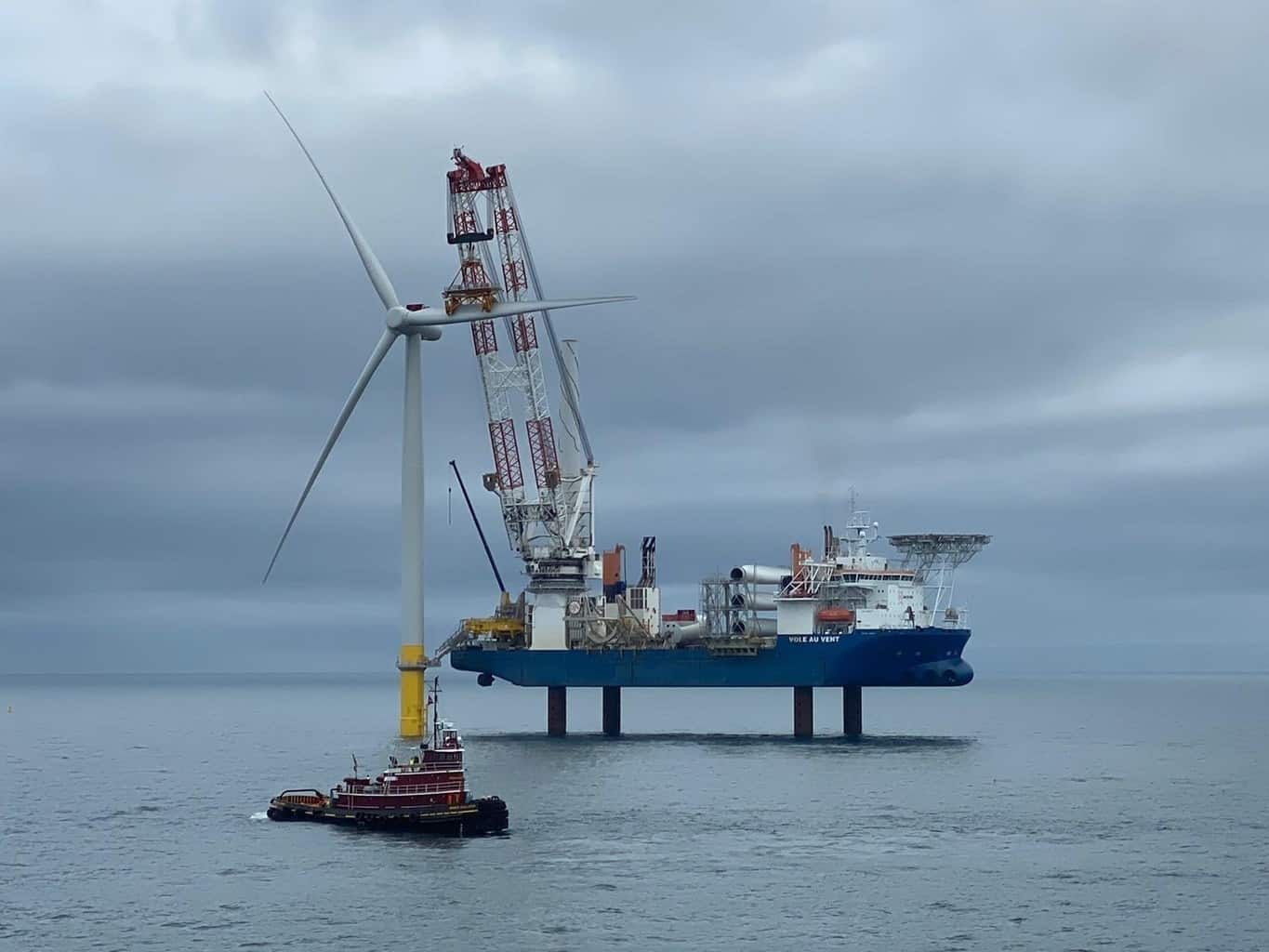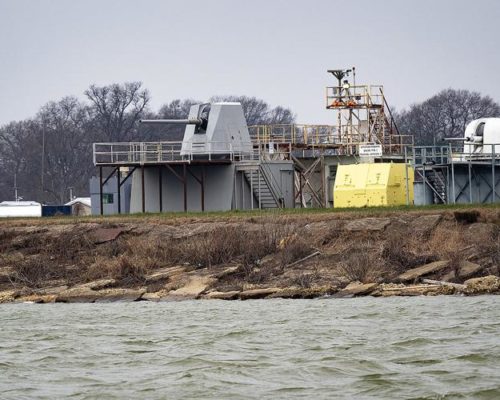By Timothy B. Wheeler, Bay Journal News Service
Warning of worsening problems at Baltimore’s troubled Back River sewage treatment plant, Maryland Environment Secretary Ben Grumbles ordered city officials Thursday to stop discharging inadequately treated wastewater immediately and bring the facility into compliance within 48 hours—or face unspecified consequences.
Grumbles’ order comes on the heels of a March 22 inspection by the Maryland Department of the Environment (MDE) that found treatment equipment throughout the plant broken down or in poor condition, leading to multiple discharge violations of excessive solids and nutrient pollution. Only 2 of 11 primary settling tanks—half the number the plant staff said were absolutely needed to handle waste adequately—were functioning properly, the inspector reported, while other treatment tanks were clogged with scum and vegetation.
“The decline in the proper maintenance and operation of the Plant risks catastrophic failures at the Plant that may result in environmental harm as well as adverse public health and comfort effects,” the order said.
The MDE already is in court seeking to force the city to remedy maintenance and operation problems at its Back River and Patapsco plants, Maryland’s two largest sewage treatment facilities. The state agency filed suit in January alleging numerous and ongoing discharge violations. The lawsuit, pending in Baltimore City Circuit Court, seeks civil penalties and an injunction requiring the city to take “all steps necessary” to come into compliance with its state-issued permits.
In the new order, Grumbles directed the city to cease unpermitted discharges at once and bring the plant in line with its state-issued permit. And it gave the city 48 hours to provide “sufficient documentary evidence” that the plant is operating in compliance with all terms of its permit and is no longer discharging inadequately treated wastewater Into Back River, a Chesapeake Bay tributary.
Asked what remedies the MDE would seek if its order is not met on time, spokesman Jay Apperson said officials would answer that after the 48-hour deadline is past. He noted that the inspection had found “dozens of problems, including equipment failures, inadequate operations, and significantly deferred maintenance which underscore the lack of properly trained staff.”
City officials didn’t respond directly to questions about the MDE order. Jennifer Combs, spokeswoman for the city’s Department of Public Works, issued a statement saying, “The City is disappointed to learn of MDE’s order today, given the collaborative efforts to improve performance over the past several months. However, once the order is served, the City will respond accordingly.”
“Along the way, Baltimore City has told us again and again that work is being done,” says Alice Volpitta, Executive Director of the water monitoring watchdog group Blue Water Baltimore. “So to hear that the Back River [plant] is actually in worse condition now than it was several months ago is doubly concerning to us. This is unacceptable.”
Doug Myers, senior scientist with the Chesapeake Bay Foundation, said he was shocked by the conditions detailed in the latest MDE inspection.
“It looks like many parts of this plant receive no routine maintenance and most of the treatment systems are compromised as a result,” he said. He noted that the Chesapeake Bay cleanup effort is counting on significant pollution reductions from upgraded wastewater treatment plants like the city’s. “If those upgrades aren’t working,” he added, “then the cleanup will be in jeopardy.”




